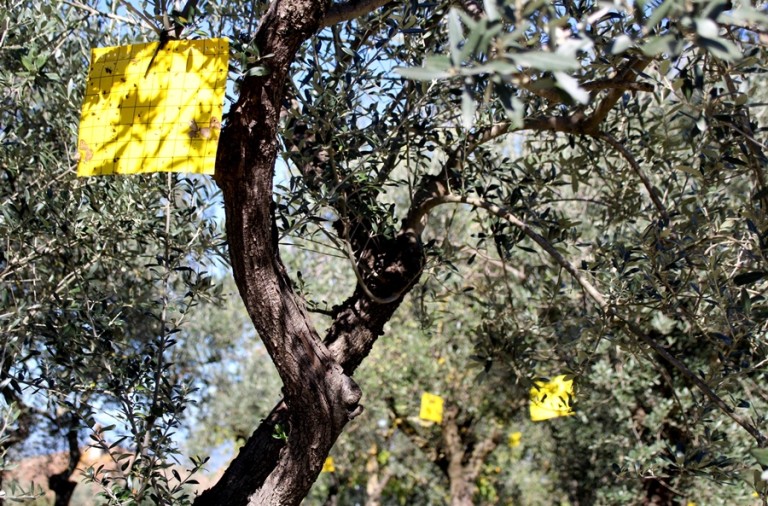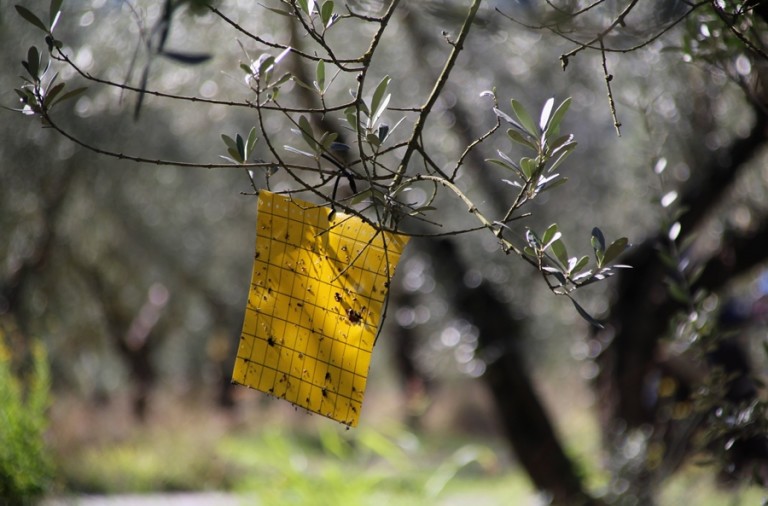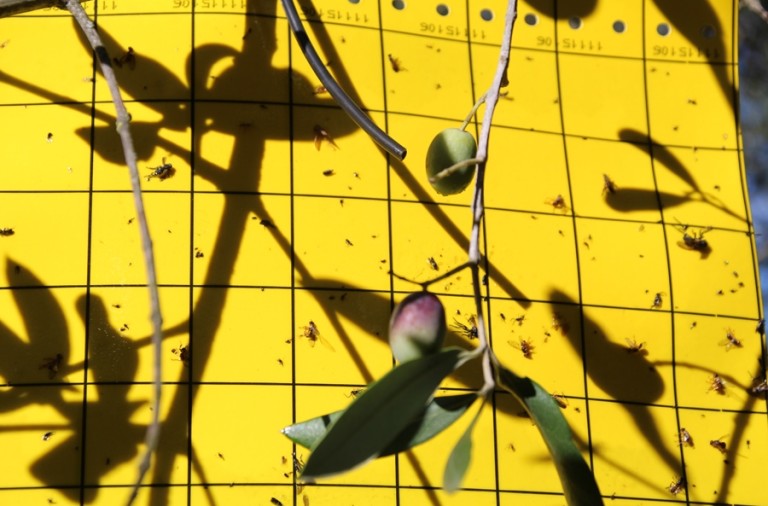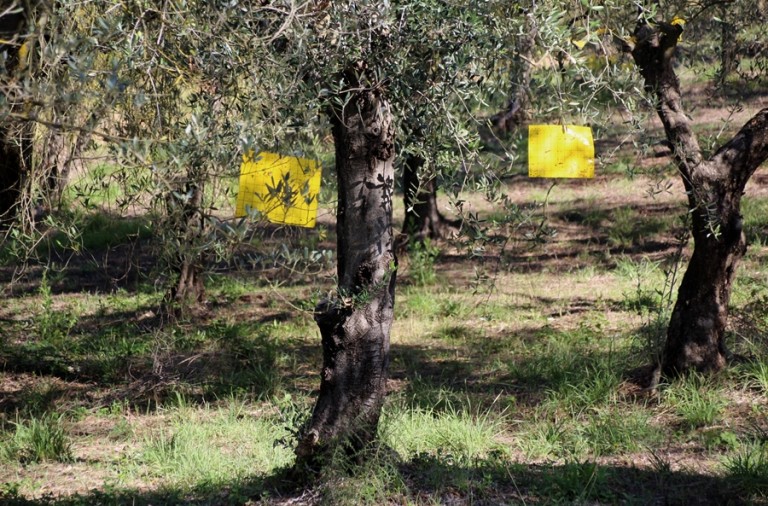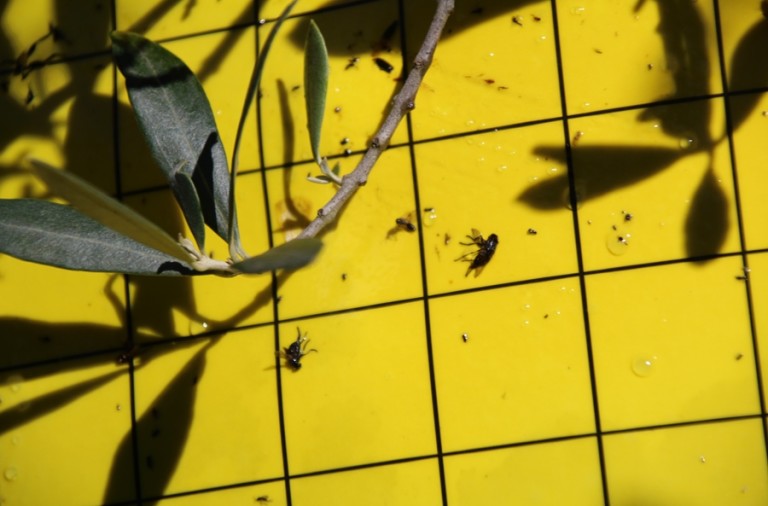Articolo disponibile anche in: Italian
The “mosca”, an insect that attacks olive trees, is once again threatening the soon to begin 2016 olive oil production. However, the dark forecast from a few weeks ago, fortunately was more pessimistic than the situation in the olive groves.
This is the picture that derives from the meeting organized by Anapoo (the national Association of professional Olive oil tasters) on Wednesday, October 5, in the auditorium of ChiantiBanca of San Casciano.
“Considering the lack of information on the part of the institutions”, explains Franco Pasquini, President of Anapoo, “we thought it necessary to make a statement and give information to olive growers as how to address the olive pressing. We have brought experts on machines, filtration, and the “mosca’, as well as certifying bodies and the consortium of Chianti Classico, to speak”.
The most awaited is the discussion by Massimo Ricciolini, from the regional Health organization: “This year”, he tells WeChianti, “seemed similar to the terrible one of 2014. At one point this was what we believed”.
Fortunately, however, the situation is not as bad as forecast: “Today we can say that although there is an infestation, it hasn’t reached the level of 2014. The zones hit the most? Where winter temperatures were lowest, there is the most risk. The province of Florence is among those which suffered, Siena and Arezzo are in better shape”.
“It should also be said”, explains Riccioli, “that this year we were prepared, while in 2014 the ‘mosca’ hit undisturbed. Those who were able to intervene (chemically, unfortunately), will reap a good harvest”.
Has sensibility on the theme increased? “That of professional farmers without a doubt”, he answers in conclusion. “They prepared from both a technical and cultural point of view. Who does it for a hobby, however, looks at what his neighbor is doing, but his neighbor doesn’t necessarily do the right thing. And then there is the idea that ‘organic’ means not doing anything. In that way you are not olive farmers, but olive gatherers”.
Matteo Pucci
